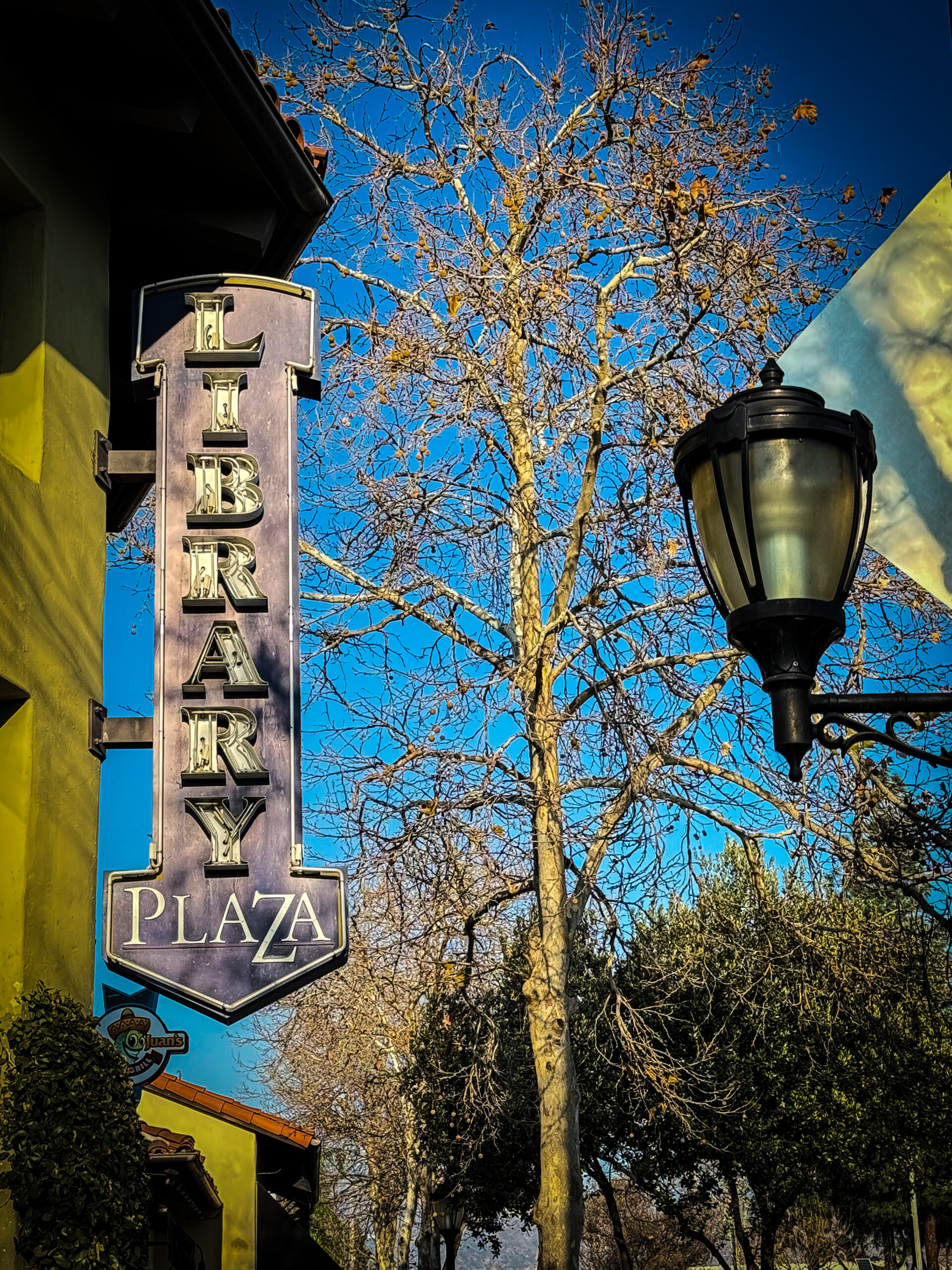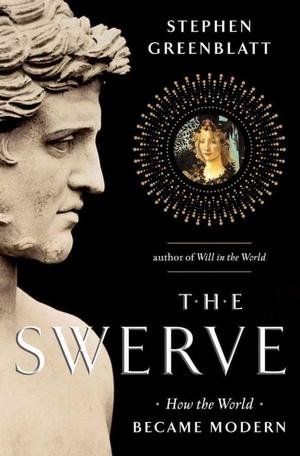The Swerve: How the World Became Modern by Stephen Greenblatt
I love history books and especially books like this which I have labelled “micro-histories.”‘these are books that seek to illuminate history through the lens of one particular object, person or place. While the focus remains on this one focus, it gives the author wide range to cover any other historical aspects of the period.
In The Swerve, Greenblatt focuses on two items, Lucretius’ ancient poem, On the Nature of Things and the “greatest book hunter of the Renaissance”, Poggio Bracciolini. This gives home free reign to cover the literature and philosophy of Ancient Greece and Rome, including Epicurus, this history of the a Church and the Papacy during the Renaissance and how the Church sought to suppress these — according to them — subversive and heretical philosophies. Suppress it as they might, On the Nature of Things survived and thrived, being copied again and again and finding its way into the personal libraries of many great thinkers, including, centuries later, our own Thomas Jefferson, who seems to reference the poem in The Declaration of Independence by called for “the pursuit of happiness” which Epicurus staged as the highest goal in life and Lucretius supported with his poem.
Greenblatt seeks to tie all of thinks together by showing that Bracciolini’s re-discovery of The Nature of Things not only fueled the Rennaisannce, but also the scientific revolution that followed.
Lucretius’ ideas were indeed subvervise for their times, not just later. Not only did they offend the pagan religions but also the naissant Christians by stating that the soul died with the body, there was no afterlife of reward or punishment and everything in the world, from the smallest to the largest was made of “atoms” which behaved according to natural laws and not the control of any gods or God.
This is one of the first books I have finished in a long time. My time is quite filled these days, but I found myself reserving lunch time and late nights for reading a chapter or two quite regularly. As a lover of history, I love to delve into areas I have not studied deeply to see what new thoughts and ideas might emerge. It might seem odd to look to the ancient past for new ideas, but that is where I often find them.
As is typical, I serendipitously found this book on the sorting shelves at my local library. Someone had recently returned it, so it seems there are others just as interested in yogis period as I am. I highly recommend this method of turning up new-to-you books.
* A portion of each sale from Amazon.com directly supports our blogs
** This book may be available at your local library. Check it out, like I did!
More information on The Nature of Things:
- The Nature of Things (English Translation) from MIT Classics
- The Nature of Things on Wikipedia
- The Nature of Things – Free eBook at Project Gutenberg




